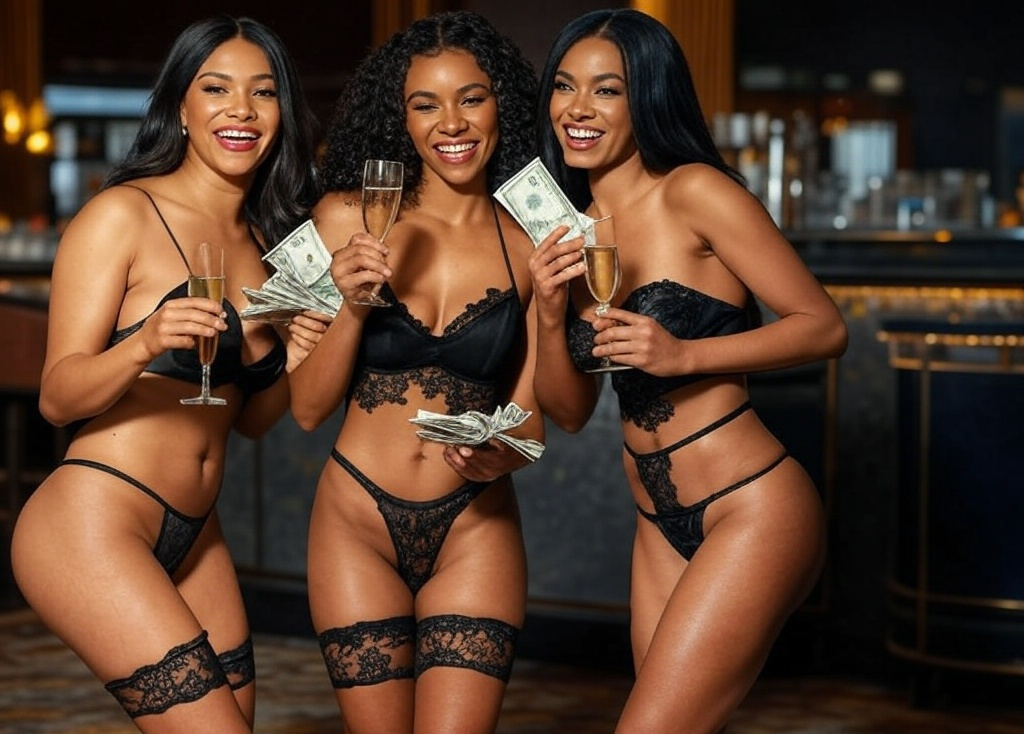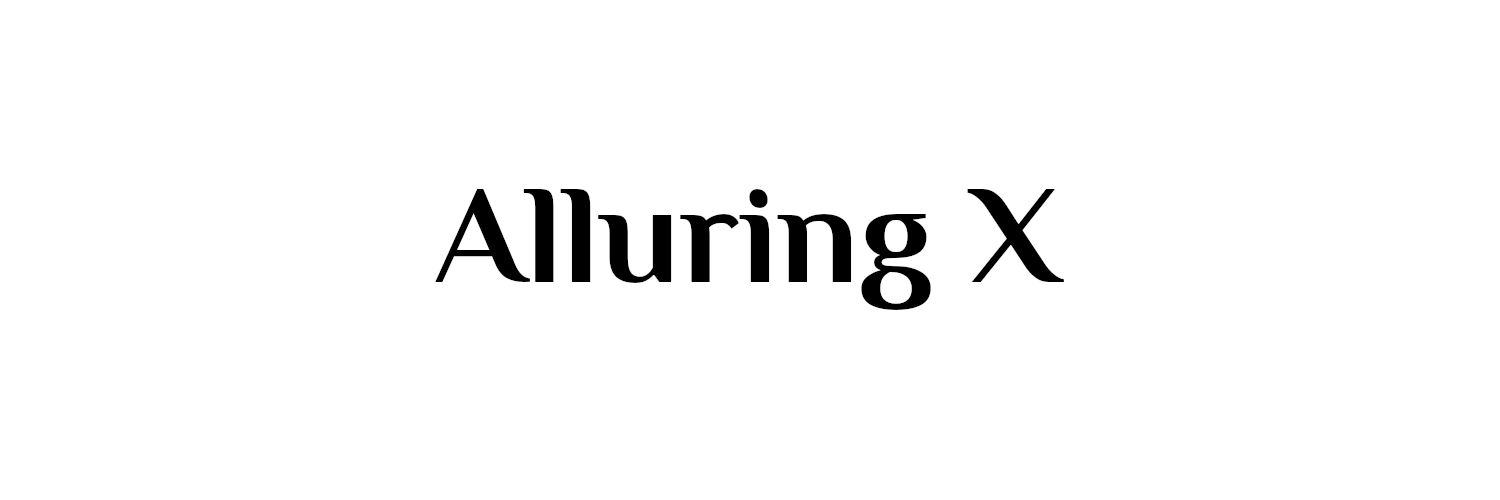Featured Story
How OnlyFans Models Shook Up Society Since 2020
Back in 2020, when the world hit pause with lockdowns, something wild was kicking off online. OnlyFans, a platform that had started a few years earlier, blew up big time. It wasn’t just a website—it became a whole vibe, with models (and other creators) changing how we think about work, sex, and power. By 2025, these OnlyFans folks had flipped society on its head, and people still can’t agree whether it’s awesome or a problem.
The Start: Cash in a Crisis
When COVID shut everything down, people were broke. Bars, clubs, even modeling gigs—gone. Enter OnlyFans. Take Jess, a 27-year-old waitress from LA. She started posting flirty selfies and cute videos in her apartment. Boom—$4,000 a month, way more than she made pouring beers. By the end of 2020, OnlyFans had millions of users and was paying creators billions. Jess and others weren’t big shots; they were regular people—bartenders, students, even moms—making bank.
The Big Change: Freedom or Trap?
By 2021, everybody knew OnlyFans. Celebs like Cardi B jumped in, but it was the everyday creators who made it real. They weren’t just selling pics—they were building fans. People paid for personal messages, livestreams or just to feel close to someone. It was intimate but not always in a sexy way. That closeness made creators money, but it also got messy—some fans got too attached and the line between real and fake feelings blurred.
For a lot of creators it was a win. Like Tasha, a mom from Sydney who started her account to get out of a bad job. “I pick my hours, my style, my limits,” she said in a news story. She was her own boss, making enough to live comfortably. A report said women creators were out-earning guys big time, which flipped the script on who holds the power. That felt like a game-changer.
But not everyone saw it that way. Some said OnlyFans just dressed up the same old objectification, especially of women. A study showed women in this work got a lot of hate online, and some guys treated them like products, not people. Then there were stories like Amy, who joined at 19, made crazy money but burned out from fans pushing for raunchier stuff. “It wasn’t fun anymore,” she told a blog. Plus, leaks of private content could mess up your life later—jobs, relationships, you name it.
The Bigger Picture: Work and Drama
Fast forward to 2023 and OnlyFans was a money machine—$5 billion paid out to creators that year. It showed how much people were done with boring 9-to-5s. Young folks especially were like, “Why slave away for pennies when I can post selfies and make more?” People like Zoe, a 23-year-old from Manchester, were all about it. “This is my business,” she’d say, and she wasn’t wrong.

But not everyone was cheering. Some folks—parents, politicians—thought OnlyFans was ruining “good old values.” They said it made sex too normal, like it was just another product. Posts on X showed the split: some called it a scam, others said it made sex work safer by cutting out creeps and pimps. It was a tug-of-war—freedom versus “what’s right.”
It also stirred up gender stuff. Women were the top earners, but guys and queer creators were carving out their spots too. Still, with mostly guys paying and women creating, some said it just kept old stereotypes alive. Others argued women were finally cashing in on a system that used to screw them over.
The Pushback and Push Forward
By 2024, OnlyFans had haters. News stories about underage accounts and leaks freaked people out. The platform tried to ditch spicy content in 2021, but creators flipped out and they backtracked fast. Other sites like Fansly popped up, and X started allowing adult stuff, so competition got real. Plus, AI-generated content was starting to creep in, which could mess things up for real creators.
The New Normal
Now, in 2025, OnlyFans models have left their mark. They made it okay to talk about sex work without whispering. They turned bedrooms into boardrooms, building empires from their phones. The top dogs make millions, but most creators scrape by, which shows it’s not all glitter.
For every Jess or Tasha living their best life, there’s someone like Amy, who loved the cash but hated the toll. Society’s still figuring it out—where’s the line between owning your body and selling it? OnlyFans didn’t just change bank accounts; it changed how we see work, women, and what’s “normal.” Like Zoe said, “We’re not just models. We’re hustlers, and we’re here to stay.”







